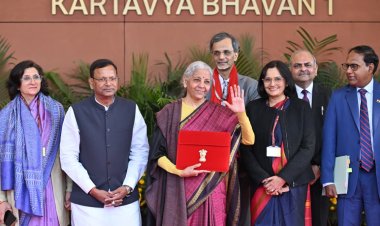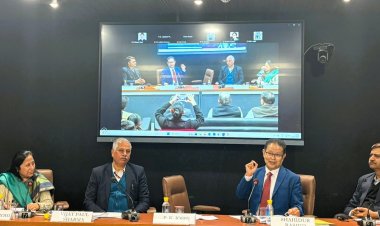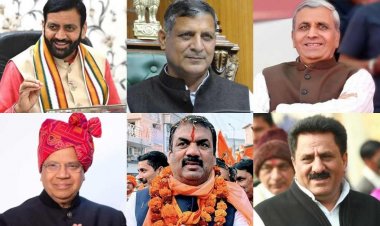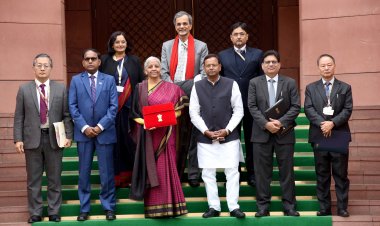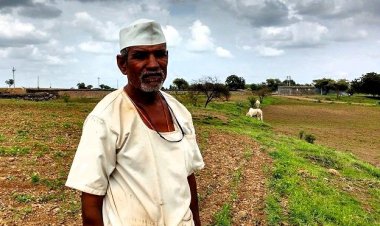India ranks 105th in Global Hunger Index, trails behind Nepal and Bangladesh
India ranks 105th out of 127 countries in the 2024 Global Hunger Index, indicating "serious" hunger with a score of 27.3. It trails Nepal, Sri Lanka, and Bangladesh but ranks above Pakistan, Sudan, and Afghanistan. While global hunger progress has stagnated, child malnutrition remains a significant issue in India
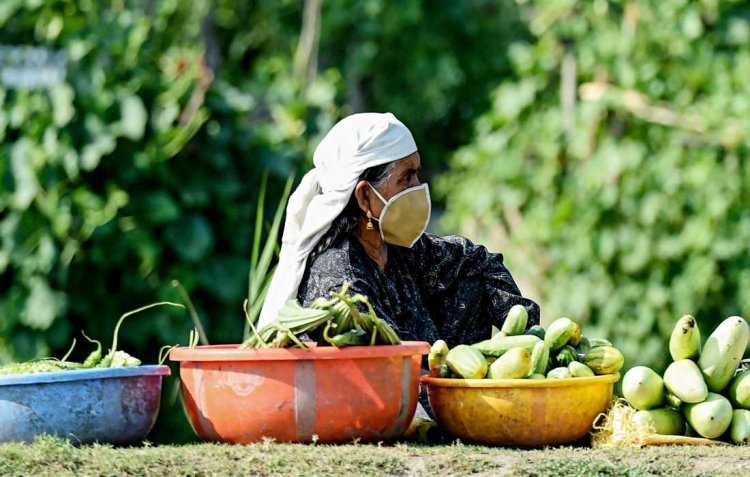
India is ranked 105th out of 127 countries in the 2024 Global Hunger Index (GHI), indicating a "serious" hunger situation with a score of 27.3. This report, published by Concern Worldwide and Welthungerhilfe, assesses global hunger, with higher rankings indicating less hunger. India ranks behind neighboring countries like Nepal (68th), Sri Lanka (56th), and Bangladesh (84th), but is ahead of Pakistan (109th), Sudan (110th), and Afghanistan (116th). Ethiopia, Kenya, Rwanda, and Myanmar rank higher than India in the index.
At the top of the GHI, 22 countries, including China, Chile, Kuwait, Romania, Turkey, Russia, Georgia, UAE, and Uzbekistan, are jointly ranked first, meaning they have the least hunger. Meanwhile, the countries facing the worst hunger conditions, like Somalia, Yemen, Chad, Madagascar, Haiti, and Niger, are ranked the lowest.
The Global Hunger Index scores countries from 0 to 100, with lower scores indicating less hunger. India’s current rank of 105th is an improvement from 2023 when it was ranked 111th, though changes in methodology prevent direct comparison. In 2022, India was ranked 107th. The Indian government has previously criticized the GHI reports, calling them inaccurate.
Despite some progress, particularly in reducing the child mortality rate since 2000, child malnutrition remains a serious problem in India. The report also notes that global efforts to reduce hunger have stagnated since 2016, making it unlikely that the world will achieve the goal of eradicating hunger by 2030. Of the 127 countries assessed, 42 are facing "serious" or "alarming" hunger levels. The report also highlights links between hunger, climate change, and gender inequality.



 Join the RuralVoice whatsapp group
Join the RuralVoice whatsapp group































